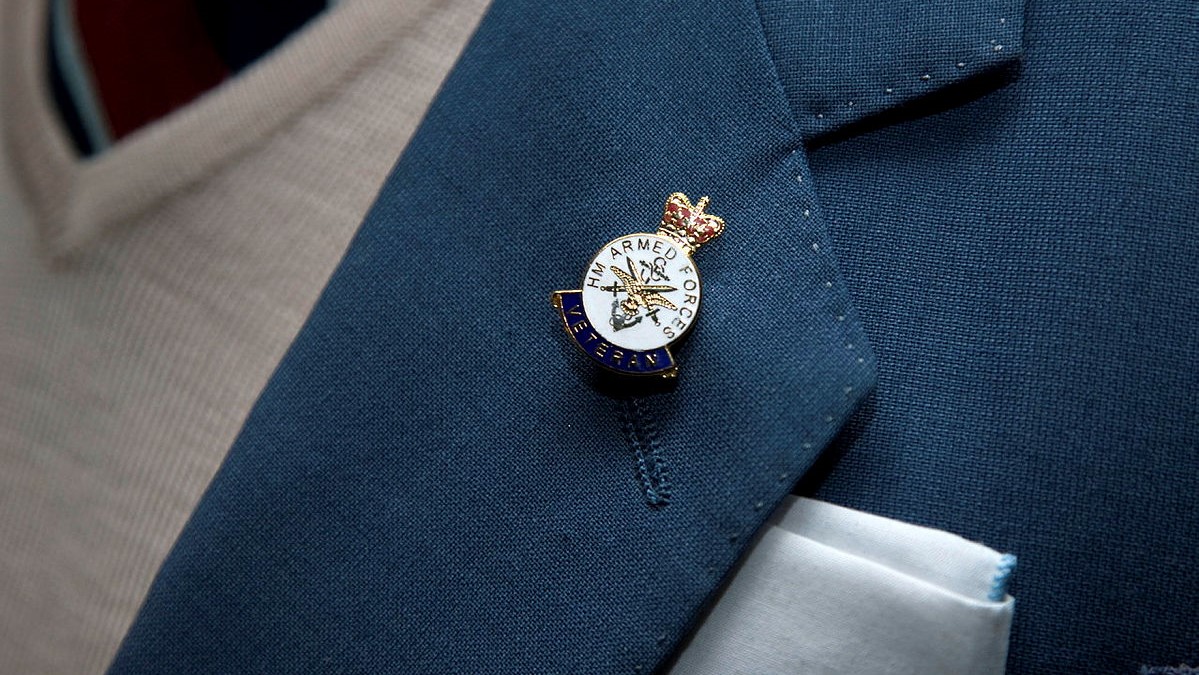
More support for mental health crucial to prevent suicides among veterans, study finds

A new study into the suicides of military veterans has found much more mental health support is needed for those in the armed services.
The report called One Is Too Many found a range of issues that lead to avoidable deaths.
Dr Paul Watson was involved in the study and told the BBC that they had spoken to hundreds of mental health staff and bereaved relatives and found similar stories of missed opportunities over more than a decade.
"If we want to save lives, families need to be involved," Dr Watson said. "The biggest message the families have articulated to us, there were times where there could have been an intervention or they've spotted something but no-one would listen.
"To keep reading that over and over again, it is, as a research team, a significant finding."
Masking vulnerability
Veteran Ben Riches took his own life in 2019 – it followed numerous conversations with mental health professionals.
Ben's parents are among 20 families who have told their story to researchers at Northumbria University to contribute to the One Is Too Many study, a research project carried out by The Northern Hub for Veterans and Military Families Research.
His mother told the BBC that forces personnel need specialist help, saying: "Ben could be and could come across as aggressive, but he wasn't being aggressive, he was trying to mask his vulnerability.
She added: "Our caregivers don't recognise that, because they're not trained or educated in dealing with the veterans."
Breaking barriers
Professor Matt Kiernan, who led the research, says issues around confidentiality are often to blame for poor care.
He said: "We actually need to be able to help, not only the health services but it's social services, it's the military charities, to work with families better."
"We need to start looking at that and how is that. Unless we can get over the confidentiality, the GDPR, the barriers... there are barriers in the way all of the time.
"We need to work out how we get past those barriers because they've got to be involved in the care."
The researchers have said that the aim of the study was not to assign blame but to find out why veterans were being missed, and help to create a "safety blanket" instead to protect them.
The Government says it will review the university's research and "continue to work to ensure veterans can access the right support".
A spokesperson said: "We also published a new five-year Suicide Prevention Strategy for England in 2023 which sets out over 130 actions, including for veterans, that will be taken to reduce the suicide rate in England."
If you or someone you know needs support at this time, find help available on our website.









